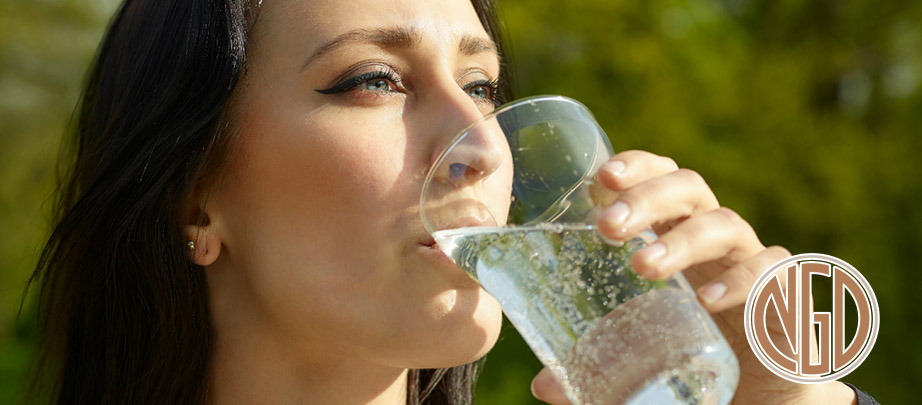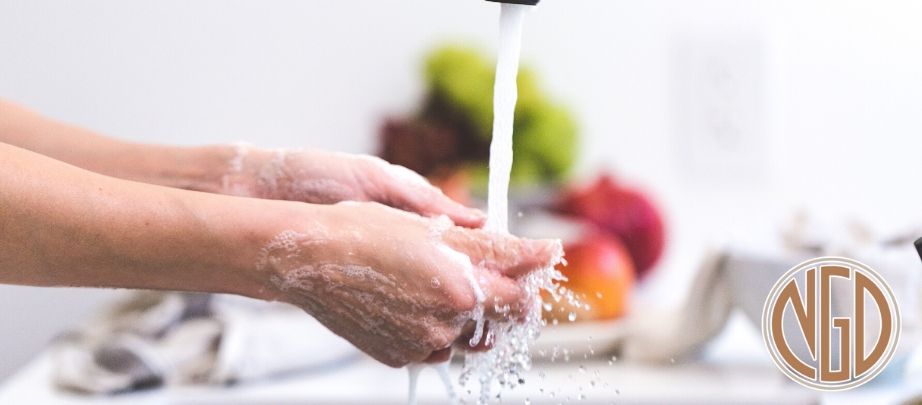Is Carbonated Water Bad for Your Teeth?

While sparkling water has been available on the market for a long time, it has become much more trendy in recent years. Products like LaCroix have become popular among young people, though it has recently come under attack in some hilarious Twitter battles criticizing how light the flavor is. No matter which side of the war you’re on, you may be wondering if carbonated waters can damage your teeth. The answer may surprise you.
Soda vs. Carbonated Water
First, it is necessary to define what we mean by sparkling water or carbonated water. Plain sparkling water, with no added sugars or sodium, is essentially just still water that has gone through the process of carbonation, in which carbon dioxide gas is dissolved in liquid and carbonic acid is formed. This is the same process used to produce the carbonation found in soda. We all know that soda is not great for our teeth, and the high level of sugars and acidity are to blame for that.
In between sparkling water and soda on the carbonated drink scale is sparkling water with added sugars. These vary greatly in flavor intensity, sugar levels, ingredients, and acidity.
So, is it really bad for your teeth?
In one study using teeth that had been removed for medical reasons and donated to science, researchers soaked different teeth in still water and carbonated water. At the end of the study the teeth were removed from the waters and studied for damage levels. The results? Researchers found virtually no difference between the two groups in the end.
In another study, researchers had one group of women drink a liter of still water every day, and another group of women drink a liter of carbonated water every day. At the end of the eight weeks, they found virtually no difference in the participants’ oral or overall health.
The bottom line is, there appears to be no difference in the way carbonated water and still water affect your teeth. However, this only applies to plain sparkling water with no added sodium or sugars. The effect that these beverages have on your teeth essentially comes down to acidity level. You can actually test the acidity level of your preferred brand or homemade seltzer water at home with inexpensive ph strips.
In general, citrus flavored carbonated waters tend to have higher acidity than other flavors because of the nature of citrus fruits and their extracts. Some carbonated water beverages also have added sodium, which are used to mimic a more traditional seltzer water taste. These additives can affect your teeth and your overall health.
While fluoridated water is always the best beverage option for your oral health, we understand that variety is the spice of life. Overall, as long as your sparkling water doesn’t have these additives (and many brands don’t!), you don’t need to worry about your beverage damaging your teeth. Great news, right? Let the Twitter wars continue!




